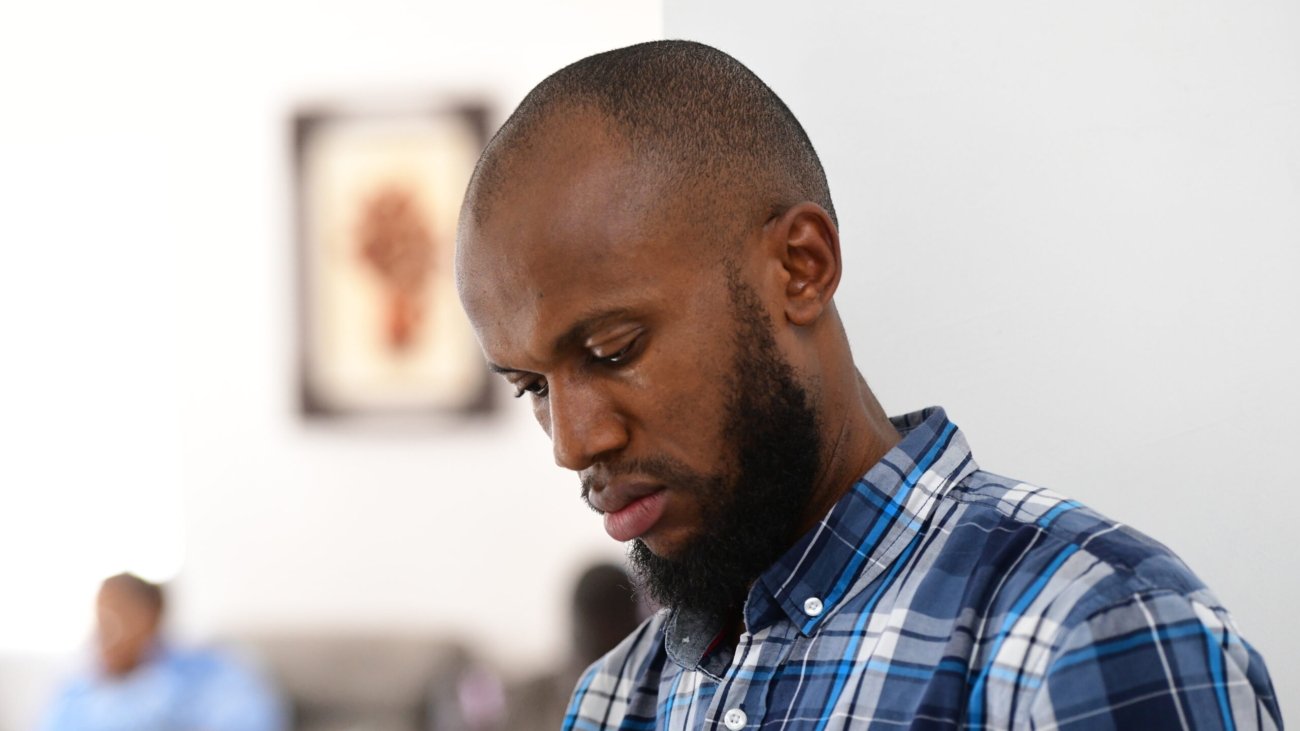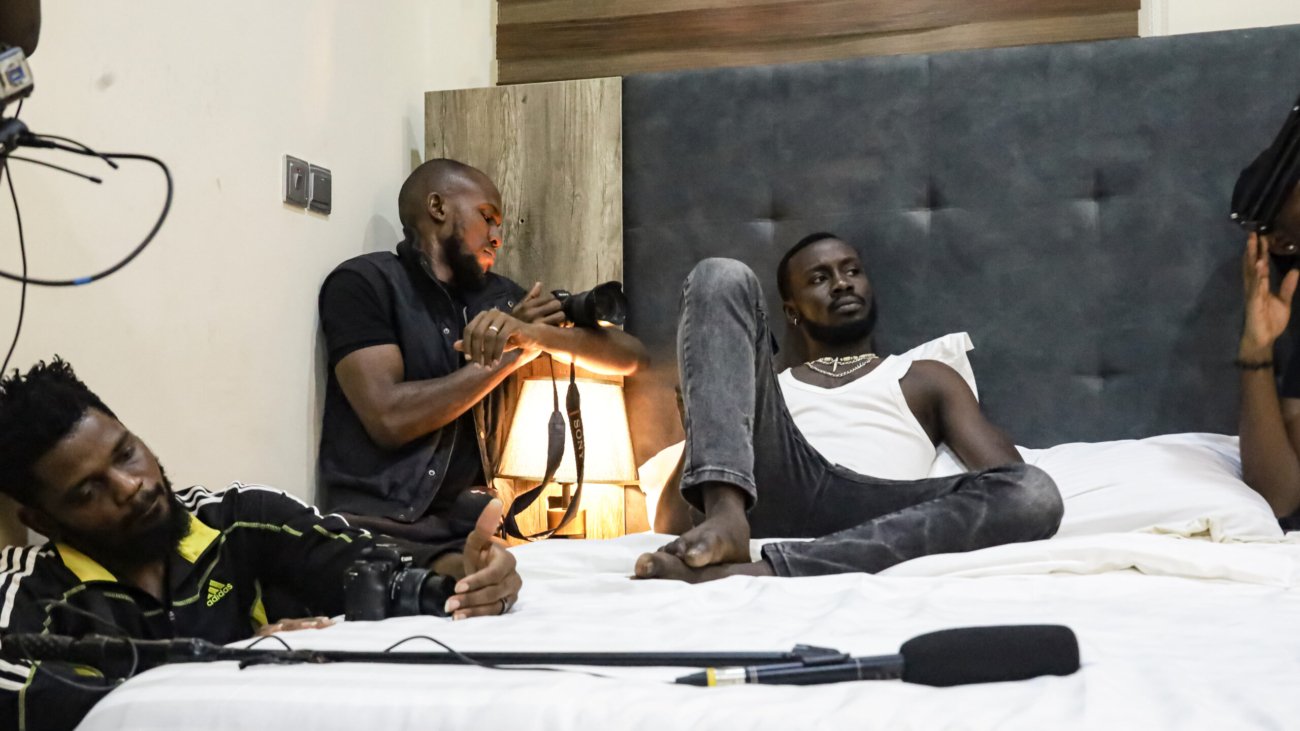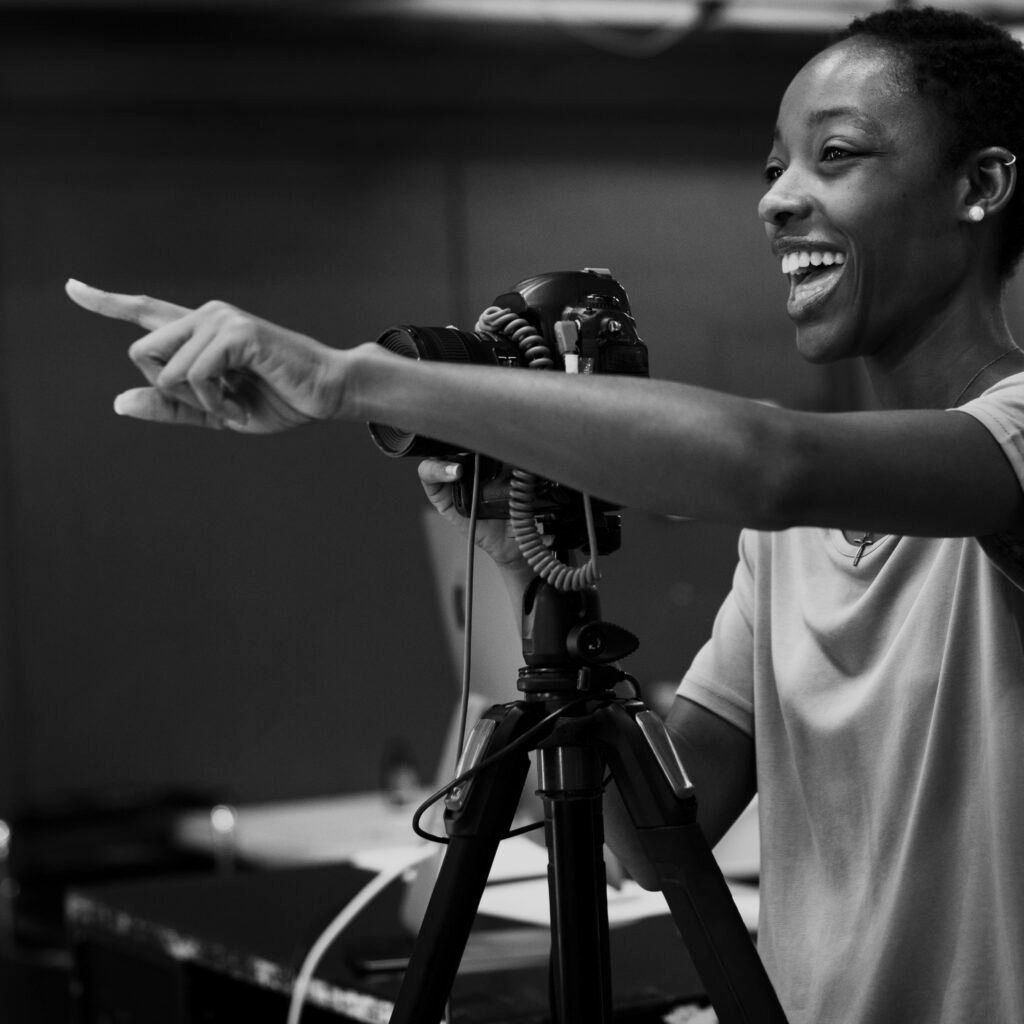Origins & Inspiration
1. Amechi, thank you for joining us on Conversation in Motion. You’ve had over 15 years of experience in cinematography and video editing. What first drew you to the world behind the lens?
Response: I wanted to inspire people and create a world where people believe that it is possible to achieve and bring into existence the visuals in their head.
2. Would you say there was a defining moment when this work became more than just a job, when it became a calling?
Response: I used to understand that work is what we are born to do and job is what we are forced to do and that understanding made me realise that work is on the surface and calling has a depth of understanding. The turning moment for me was when God showed me an opportunity and that changed the circle of people I used to hang around. I needed to change my circle to move forward.
Faith & Creativity
3. You’ve produced a variety of content, from public events to short films, but a common thread is faith. How does your spirituality inform your creative decisions?
Response: I believe that filmmaking is a form of meditation, a way to connect with something greater than myself and share that connection with others.”
Defining Impact
4. Let’s talk impact. You’ve created for audiences of thousands and built social media content that significantly boosted engagement. How do you personally define meaningful success?
Response: For me, meaningful success in not in numbers. It’s in impact and how I see life change, that’s what counts. There might be engagement but no connection; so the success comes from seeing people become who they want to be, inspired and motivated to do what interests them, staying consistent and achieving results.
Response: I wanted something relatable, something that people could connect to and if you check the story again you will realise that a lot of people see themselves in it. Getting the award got me closer to my goal which is to inspire people to believe in themselves, stay true to what they believe.
Award-Winning Moments
5. Your award-winning short film Salina received acclaim at the Green Awards. What inspired that story, and how did the recognition affect you?
Response: I wanted something relatable, something that people could connect to and if you check the story again you will realise that a lot of people see themselves in it. Getting the award got me closer to my goal which is to inspire people to believe in themselves, stay true to what they believe.
Life Lessons Behind the Camera
6. As someone who’s worked with various production teams and ministries, what’s one life lesson filmmaking has taught you, not just creatively, but as a human being?
Response: Filmmaking has taught me to connect and be truly patient. Not just creatively, as a person it has taught me to understand how dynamic life is. Dynamic in the sense that life is not actually complex but simple, it has to do with understanding its principles and how to apply them.
Overcoming Challenges
7. Every creative journey has its low points. Can you share a moment when you almost gave up, and what helped you overcome that season?
Response: The moment was when I decided to accept a different opportunity not knowing that the opportunity was strategically positioned to help my filmmaking journey
Working with Global Artists
8. You’ve collaborated with notable figures like Chandler Moore and Phil Thompson. What have these high-level experiences taught you about excellence and pressure?
Response: It taught me that preparation is key and I have to always be on standby (prepared) for any opportunity that might come my way.
Staying Creative
9. Have you ever experienced creative burnout? If so, how do you reconnect with purpose and refill your creative well?
Response: Yes, I have. And how I came out of it was leveraging on people’s creative ideas.
10. Your editing and cinematography are technically brilliant, but there’s also heart in your work. Where do you draw emotional and creative inspiration from?
Response: God.
Connecting to Stories
11. You’re not just capturing visuals, you’re conveying emotion. How important is it for you to personally connect with a story before producing it?
Response: I understand that to change the world, we must first change our worlds, beliefs, and systems, starting with the family as the origin for a better foundation and society.
12. If resources weren’t a limitation, and you could create one film the world would never forget, what story would you tell?
Response: A true-life story. This story has the ability to connect on every level. I will tell the story of Robert Kiyosaki, Vusi Thembekwayo and others like them.
Grounding & Fulfillment
13. In an industry driven by speed, trends, and metrics, how do you stay grounded in purpose and not get lost in the noise?
Response: Firstly, I understood my purpose and mind my business. Because I understood that for me to achieve my purpose in life, I need to stay focused and consistent.
14. If you could speak to your younger self, the Amechi just starting out, what advice would you give about purpose, failure, and fulfillment?
Response: Find your purpose early; you don’t really fail, you just learn and win. For fulfilment, every time you create, you accomplish your purpose and feel fulfilled. Don’t stop creating.
15. When all is said and done, what legacy do you want to leave, not just as a videographer, but as a man of faith?
Response: Legacy of belief, legacy of hope, legacy of possibilities and inspiration
Business Structure & Legalities
16. Now let’s talk structure and sustainability: Is your studio registered with the Corporate Affairs Commission (CAC)? If so, when was it registered?
Response: YES. July 5th 2023
Influence & Mentorship
18. Who is your role model, and why have they influenced your journey so deeply?
Response: God and the future me.
19. There are many young creatives who look up to you. Have you thought of intentional ways to empower and mentor those who are ready to learn?
Response: Yes, I have and one of the ways I’m using at the moment is trainings, workshops, tutorials, creative upgrade class.
Final Reflections
20. Amechi, thank you for sharing so openly and deeply. Your journey reflects passion, faith, discipline, and the beauty of storytelling with purpose. May your lens continue to capture not just moments, but meaning. And may those who follow your footsteps find a brighter path because you walked it first.
Response: Amen,



